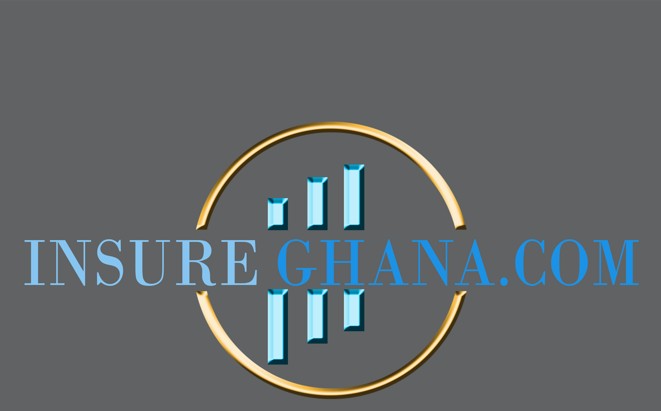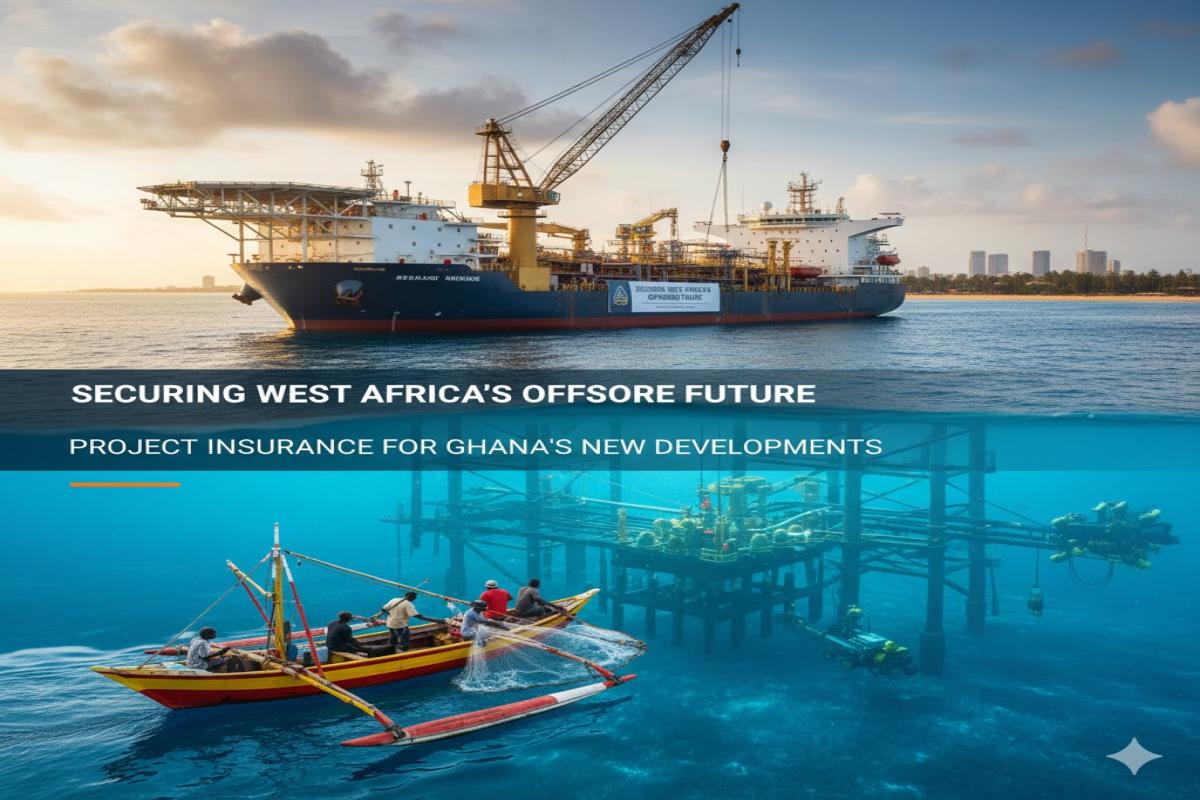A renewed wave of optimism is sweeping across West Africa's offshore oil and gas sector. From major discoveries in the Orange Basin off Namibia to renewed development interests in Ghana's Pecan field and burgeoning activity in Côte d'Ivoire and Senegal, the region is poised for significant growth. These multi-billion-dollar projects promise to unlock vast economic potential, but they also carry immense and complex risks.
For international operators, local partners, and financiers, a meticulously crafted project insurance program is not just a contractual requirement; it is the fundamental bedrock upon which a successful offshore development is built. In the unique operational landscape of West Africa, understanding the nuances of risk and insurance is non-negotiable.
Why Project Insurance is More Than a Line Item
For capital-intensive offshore projects, a robust insurance strategy is a critical enabler. It serves three primary functions:
🌍 Need tailored insurance coverage?. Whether it is marine, motor, or property?. Get a free quote at Safeguard Insurance Brokers.
- Financial Security: It provides a vital financial backstop against unforeseen events during the high-risk construction and installation phases, protecting the massive investment from physical loss or damage.
- Investor Confidence: Lenders and equity partners will not commit capital without proof of a comprehensive insurance program that covers catastrophic events. It is a prerequisite for reaching a Final Investment Decision (FID).
- Project Continuity: By providing funds to repair or replace damaged components, insurance ensures that a project can recover from an incident and proceed to completion, rather than being abandoned.
The Essential Insurance Toolkit for Offshore Construction
While every project is unique, a standard offshore development program is built around a core set of interconnected policies, often referred to as a "Construction All Risks" (CAR) or "Erection All Risks" (EAR) program.
- Construction All Risks (CAR) / Erection All Risks (EAR): This is the master policy covering physical loss or damage to the project assets during the construction phase. This includes everything from the fabrication of subsea manifolds in a yard to the installation of an FPSO (Floating Production, Storage, and Offloading) vessel on site. It covers perils like storms, fires, collisions, and installation errors.
- Delay in Start-Up (DSU) / Advanced Loss of Profits (ALOP): Perhaps the most critical coverage for investors, DSU insurance protects against financial losses resulting from a delay in the project’s completion. If a covered event under the CAR/EAR policy (like a fire on the FPSO) pushes back the "first oil" date, the DSU policy compensates the project for the lost revenue. The sums insured here can be enormous, often running into hundreds of millions of dollars.
- Third-Party Liability (TPL): This covers the project's legal liability for bodily injury or property damage to third parties. For example, if a project vessel collides with a local fishing boat or damages a third-party pipeline, this policy would respond.
- Control of Well (COW) / Operators Extra Expense (OEE): Specific to the oil and gas industry, this covers the extraordinary costs associated with regaining control of a blowout, redrilling a well, and mitigating any resulting pollution.
- Pollution & Environmental Liability: Given the sensitive marine ecosystems along the West African coast, robust coverage for pollution is essential. This policy covers cleanup costs, fines, and damages to the environment and local livelihoods (such as fisheries) resulting from a pollution incident.
Navigating the West African Risk Landscape
💼 Partner with InsureGhana to grow your insurance business. Learn More
Insuring a project in the Gulf of Guinea presents a different risk profile than in the North Sea or the Gulf of Mexico. Underwriters will pay close attention to several region-specific factors:
- Security & Piracy: The Gulf of Guinea remains a hotspot for maritime security threats. Insurers will scrutinize the project’s security plans for personnel and vessels, both in transit and on-site. The cost and availability of coverage can be directly impacted by the robustness of these mitigation measures.
- Local Content & Supply Chain Complexity: Regulations like Ghana's Petroleum (Local Content and Local Participation) Regulations, 2013 (L.I. 2204) are designed to build local capacity. While crucial for national development, this can introduce supply chain risks if local contractors are less experienced. Insurers will need to be satisfied with the quality assurance and risk management applied to all contractors, both local and international.
- Logistical & Environmental Hurdles: Remote locations, developing port infrastructure, and specific meteorological conditions (like seasonal squalls) add layers of logistical complexity. Proximity to ecologically sensitive areas and coastal communities requires a heightened focus on environmental risk management, which will be a key consideration for pollution liability underwriters.
Spotlight on Ghana: The Local Content Imperative
For any company developing an offshore field in Ghana, understanding the insurance implications of L.I. 2204 is critical. The regulation mandates that Ghanaian companies are given first preference in the provision of goods and services, including insurance.
In practice, this means project developers must engage with a local Ghanaian insurance company. However, given the immense values at risk in an offshore project (often billions of dollars), no single local insurer has the capacity to retain that level of risk.
🟡 Need vehicle insurance? Compare quotes from top insurers. Contact us at. Safeguard Insurance Brokers
The solution is a "fronting" arrangement. The project is insured by a licensed Ghanaian insurer who retains a portion of the risk according to their capacity and the regulator's rules. The majority of the risk is then ceded to the international reinsurance market (typically London, Europe, and Bermuda), where the specialist expertise and financial capacity for these mega-projects reside.
Best Practice: Engage early with an experienced international broker who has a strong local partnership in Ghana. They can navigate the requirements of the Petroleum Commission and the National Insurance Commission, ensuring compliance while building a world-class insurance program with the backing of A-rated international reinsurers.
Conclusion: Insurance as a Strategic Investment
As West Africa harnesses its offshore resources, the complexity and scale of new developments will only increase. Project stakeholders must view insurance not as a cost to be minimized, but as a strategic investment in certainty and resilience.
🌍 Explore reinsurance insights and trends across West Africa at InsureGhana Insights.
By engaging expert brokers early, being transparent with underwriters about risk mitigation plans, and skillfully navigating local regulatory requirements, developers can secure their assets, reassure their financiers, and ensure their landmark projects are delivered safely and successfully—turning potential into prosperity for the region.
Disclaimer: "The views expressed on this site are those of the contributors or columnists, and do not necessarily reflect insureghana's position. insureghana.com will not be responsible or liable for any inaccurate or incorrect statements in the contributions or columns here."

InsureGhana Research Team
Providing independent intelligence and guidance for brokers across West Africa.

